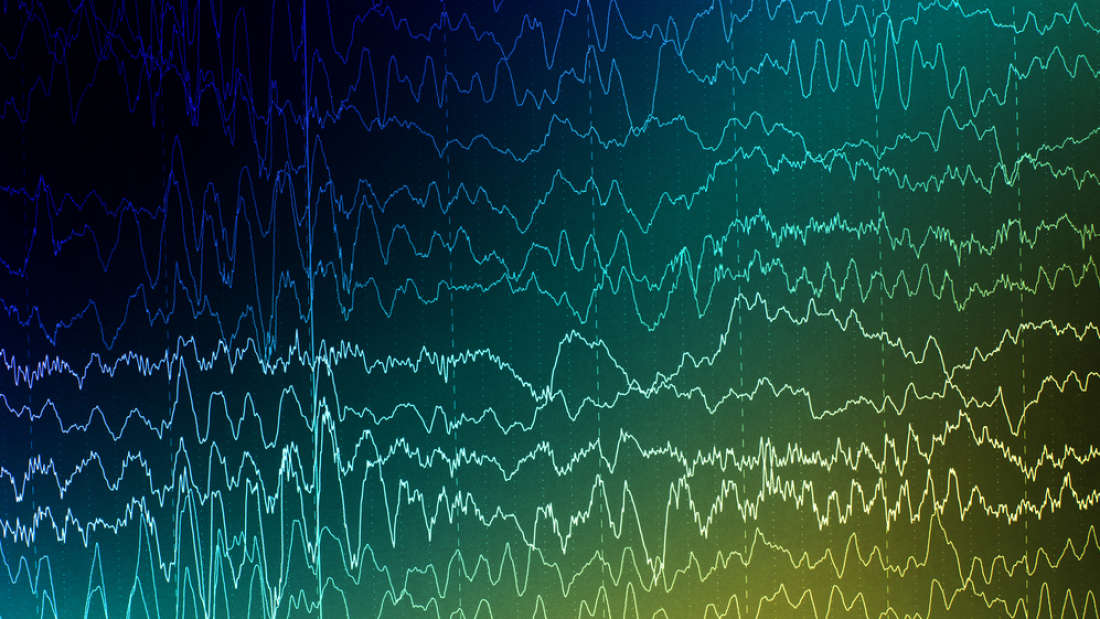Source – iflscience.com
Epilepsy can be a debilitating condition, even for those who experience seizures infrequently. Sufferers may be afraid to drive or even go out in public, even though their episodes may be as rare as less than once a month. So a device that gives warning of when attacks are likely could be transformative. Work published in EBioMedicine and presented at the American Epilepsy Society Conference shows we are getting close.
In 2013, electrodes were implanted in the skulls of people with epilepsy to record brain activity and detect patterns that could be used to identify oncoming seizures. Unfortunately, the first attempts to process this data had limited success. The prelude to seizures differed too much by patient.
However, a collaboration between the University of Melbourne, Australia, and IBM Research has processed the same data in a more promising way. “By collecting data from inside the patient’s skull and combining this with deep learning and AI, we’re able to develop a system that can self-train, based on learning the brain states and signs that pre-empt seizures unique to an individual,” Professor David Grayden said in a statement.
Dr Stefan Harrer, of IBM Research, noted the system uses “a computing chip that is the size of a postage stamp and runs on the same power use of a hearing aid.”
Grayden and Harrer analyzed the data as if they were receiving it live, using each episode to improve recognition of an individual patient’s distinctive warning signs. Across 10 participants in the study, the system proved able to predict 69 percent of seizures. There were many false alarms, but the sensitivity can be dialed down at patients’ discretion to reduce these at the cost of missing some real events.
Harrer told IFLScience that although the 31 percent of seizures that were missed might not be entirely comforting, the outcome is better than it looks. The figure is an average for all participants over the course of the trial, with the prediction rate improving with time. By the end, some participants had a much better prediction rate, enough to allow them to feel confident they would not be experiencing a seizure in the near future if the algorithm didn’t predict one.
Although the implants used to collect data were quite intrusive, Harrer said better methods for reading brain signals mean this may not be necessary in future.
Epilepsy affects 65 million people worldwide. Studies have highlighted the fact that the unpredictable nature of attacks is one the most debilitating aspects of the condition. Warnings may lead to targeted medication, or the capacity to prevent seizures through deep brain stimulation, but even if this proves impossible, simply having enough warning to get somewhere safe could be an enormous relief.
